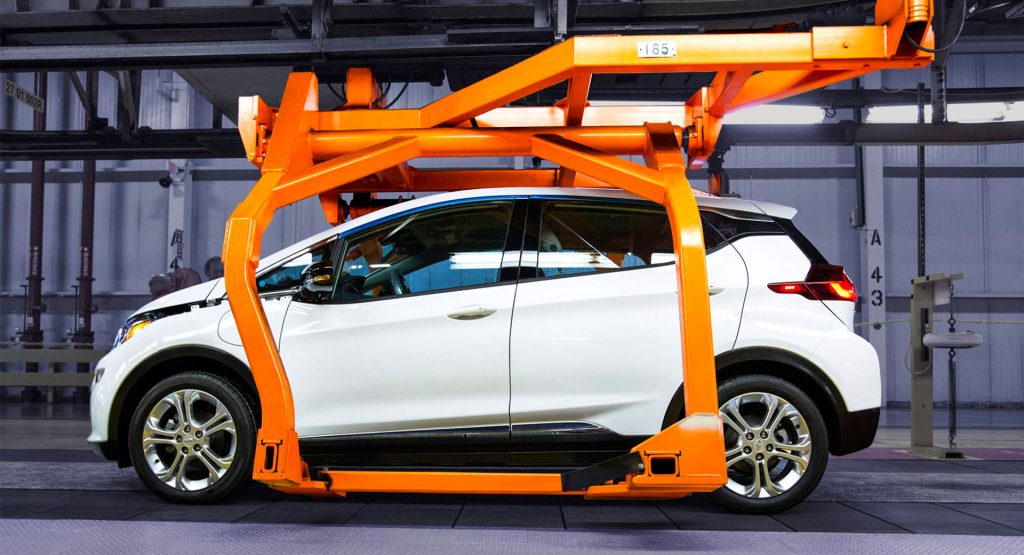There’s a growing consensus in the United States that the electric vehicle tax credit should be reformed, but how to go about it remains up for debate.
While a number of people are calling for the credit to be expanded and increased, one proposal is gaining attention for blatantly favoring union-made vehicles.
As noted by Automotive News, the Clean Energy for America Act includes a proposal by Democratic Senator Debbie Stabenow that would give customers an incentive of up to $12,500 (£9,023 / €10,532) for buying an electric vehicle. That would be a significant increase from the current $7,500 (£5,414 / €6,320) credit, but it wouldn’t apply to EVs evenly. Instead, the full amount would be reserved for vehicles made by union workers at plants in the United States.
Needless to say, that’s not sitting well with everyone as it would mean Teslas wouldn’t be eligible for the full amount despite the fact that Tesla is an American company and makes vehicles in the United States. The proposal would also impact foreign automakers, who have plants in the United States which aren’t unionized.
More interestingly, it would ‘punish’ the Mexican-made Ford Mustang Mach-E. That’s pretty notable as Stabenow represents Michigan and Ford has contributed thousands to her campaigns over the years.
A number of automakers and industry groups are understandably against the proposal as Volkswagen Group of America told the publication, “While we are encouraged by the Biden administration’s support for [EVs] and other related infrastructure, it is critical to ensure EV policies support rather than bifurcate the market, so that the U.S. remains an e-mobility leader and that it is consumers who drive choice — not the government.” The company added it supports incentives that “do not favor one automaker over another.”
While it’s easy to dismiss the proposal as a political ploy to boost unions, the Clean Energy for America Act was advanced by the Senate Finance Committee in May. However, it seems doomed as Automotive News stated it is “unlikely to be taken up by the full Senate.”
However, it brings up an interesting question, should EVs be treated differently depending on where they’re made and who makes them?






